Should I buy a Volvo (or any other niche brand)?
QUESTION
Hi John
I am a Vietnam veteran and I currently own two vehicles, a BMW 320 M Sport, and a 2007 Nissan Navara D40 4x4 with 87,000kms on the clock which I will consider trading if the price is right. Otherwise I would keep it for beach work and teaching the grand-kids.
I’m not in a rush after having shoulder surgery and am unable to test drive for a while.
I have watched and read many of your informative reviews (I think we share similar views on life), but I have not seen a review on the hybrid Volvos.
I have a heads-up display on my BMW which has me hooked, but don’t find it available on many new SUVs. Please tell me what you think.
I’m considering the Volvo XC40, Toyota RAV4 hybrid Cruiser, the new 2021 Kia Sorento, Hyundai Santa Fe Elite and Highlander.
I realise I have hit you with a huge task but I am in a quandary as to which way to head and would be very obliged and grateful for any advice you can offer.
Yours in motoring,
Denis
ANSWER
Hi Denis,
First thing on heads-up displays. I have a 2019 Santa Fe Highlander with HUD, and have just finished driving a Kona EV with HUD, and I agree with you, they are very useful for making quick, informative glances at your current speed (or various other crucial pieces of driving info), without taking your eyes off the road.
As for your purchasing decision, this is where I have to get the sword out and do it gently.
I understand there are lots of different car buyers out there with their own pleasures and pains, buying all kinds of cars.
But the person I generally target, when talking about recommended cars or when I advise people, is the mainstream car buyer. That would be a person who buys a car not as an enthusiast per se, they’re not specifically enthusiastic about Jaguars or Volvos or Volkswagen etc.
They just want a good value car packed with features, that’s gonna be reliable and unlikely to let them down - and if it does have a problem, they’re going to be looked after with a high level of customer support. Because we’re spending forty or fifty or sixty thousands dollars.
It’s entirely reasonable to want those kinds of aspects when they’re buying a new car with your own money.
Here’s my 2021 market update for the best mainstream cars >>
But I don’t wanna sink the boot into those with nut-job, enthusiastic prerequisites in life, because that’s okay to have those. I have mine, you have yours.
If you want a Volvo, I would ask if you love the Scandinavian thing. If your blood pumps harder when you think of a Polestar, then I’d say buy a Volvo. (I can even help you get a discount on one, if you want). If you need a Jag in your life before you die, or an Alfa makes you salivate, then I can’t help you.
But if you are a mainstream car buyer, then the issues you could face with a niche brand like Volvo is not a problem you’re prepared to tolerate. Whereas if you’re an enthusiast, you are more likely to accept the risk in order to justify getting one.
The same goes for you Francophile car buyers. If your head turns for a Peugeot or Citroen DS - brands which are nowhere in Australia with no commercial footprint and poor customer support - then that’s something you might be willing to wear in order to satisfy your desire to own one. I get it.
Commercially, I do not recommend any brand that can’t manage to sell a minimum of 10,000 units annually in this country. Because if you do buy one, there’s a limited dealer network which means a restricted opportunity to shop for the car and get a discount, but also get parts supplied and available on-shore.
Plus, many dealerships are multi-franchised, so they have to prioritise the brands that make the most income, which means technical training can be compromised and your vehicle’s problem could render it stranded until it can be diagnosed - if at all.
I admit that Volvo globally has made some big steps forward, but here in Australia, they’re struggling. Same goes for Jeep, Jaguar/Land Rover, Skoda etc.
Approximate sub-10k niche-brand sales, 2019
VOLVO -VS- HYUNDAI
Let’s compare the R-Design Volvo XC40 with the Hyundai Santa Fe Highlander, which I acknowledge is not an apples-for-apples comparison, but it’s similar pricing, when you add the options to the Volvo.
Both vehicles will do light-duty soft-roading to campsites and rural backroads, and the Volvo can only seat five where the Hyundai can do seven. And the Volvo is petrol only, whereas the Hyundai offers a more powerful (mid-range torque) 2.2 diesel.
Santa Fe Highlander
Standard
Standard
Standard
Standard
Total: $66,600 driveaway
XC40 T5 R-Design
$56,990 (before on-road costs)
$900 Comfort pack: heated front/rear seats, heated steering wheel
$3000 Lifestyle pack: premium sound system, privacy glass, sunroof
$990: 360-degree camera
$650: Park Assist Pilot (automated parking)
Total: $69,000 driveaway
People aren’t going to look at you in awe as you drive by in your Santa Fe Highlander in the same way they will in the Volvo. You don’t get the Euro cache, but there’s a much better support culture and network at Hyundai than in Volvo.
You need to parse these factors through the filter of mainstream use and make it a rational undertaking if all you want is transport that is reliable, good value and will mean good support if something goes wrong.
Buying those niche brands, you need to be one of the nutty enthusiasts who is drawn to such a vehicle because of a subjective itch you need to scratch.
Otherwise, if you’re a mainstream car buyer, buy a mainstream car because it’s a risk mitigation strategy that will work out for you in the long run.

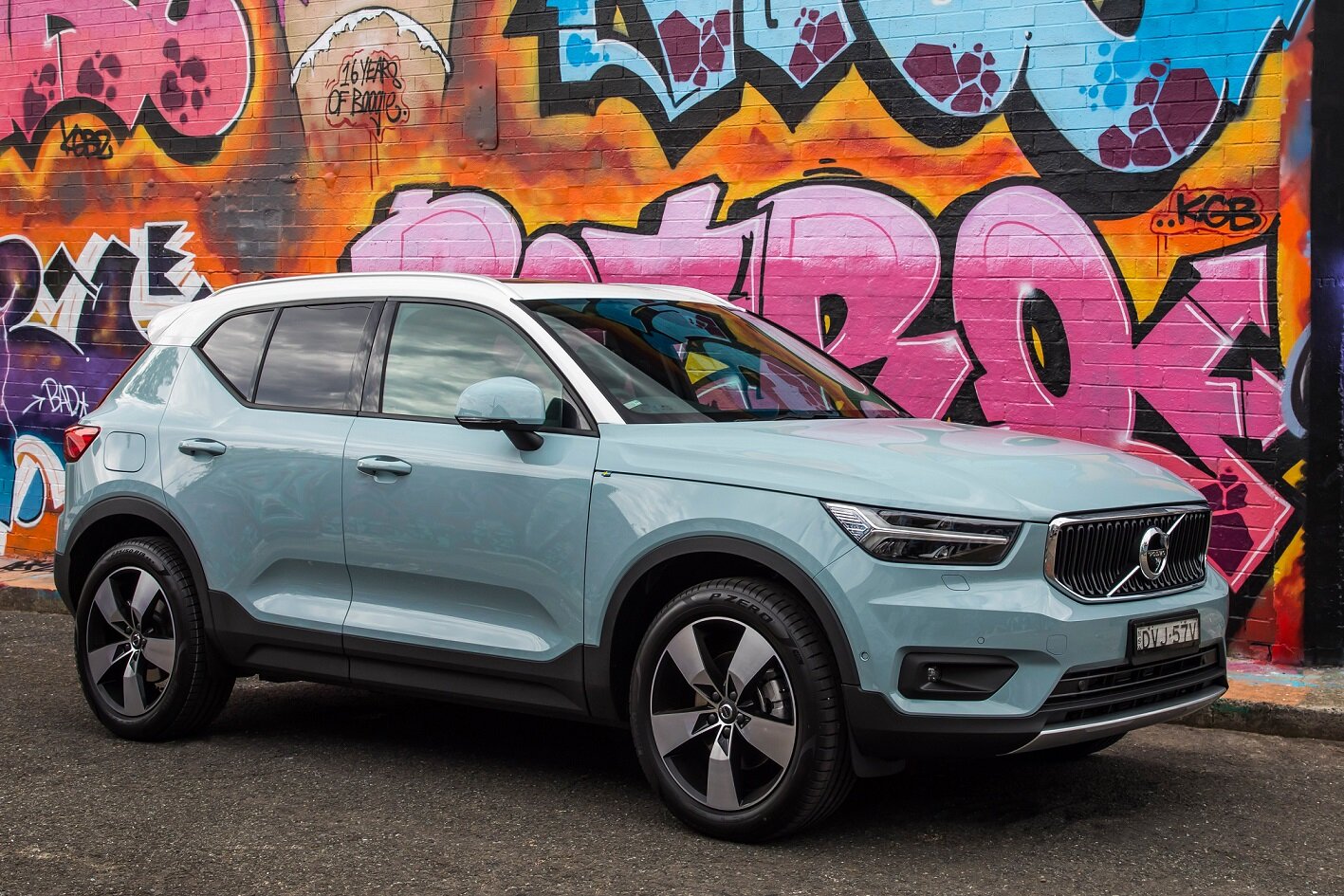
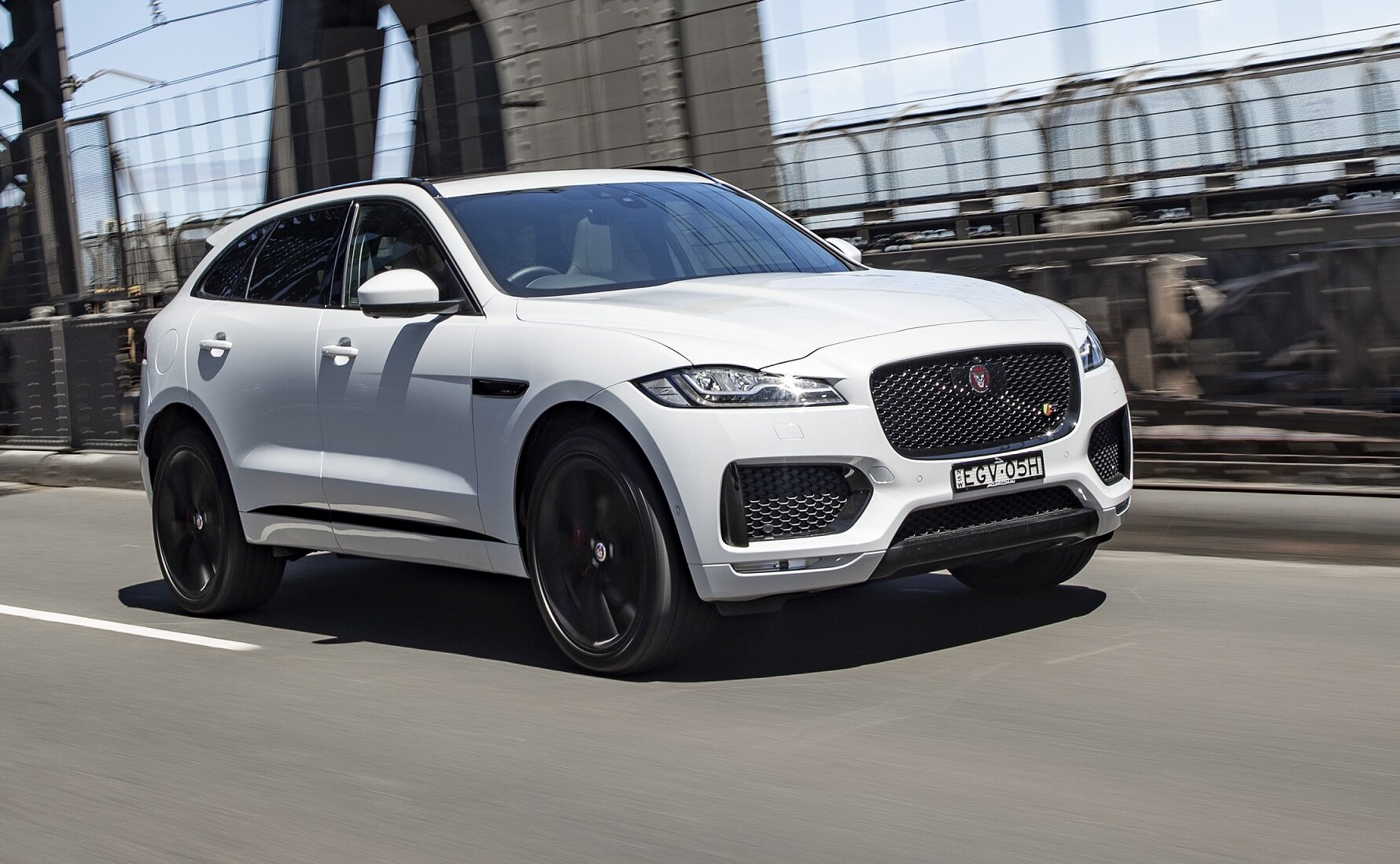
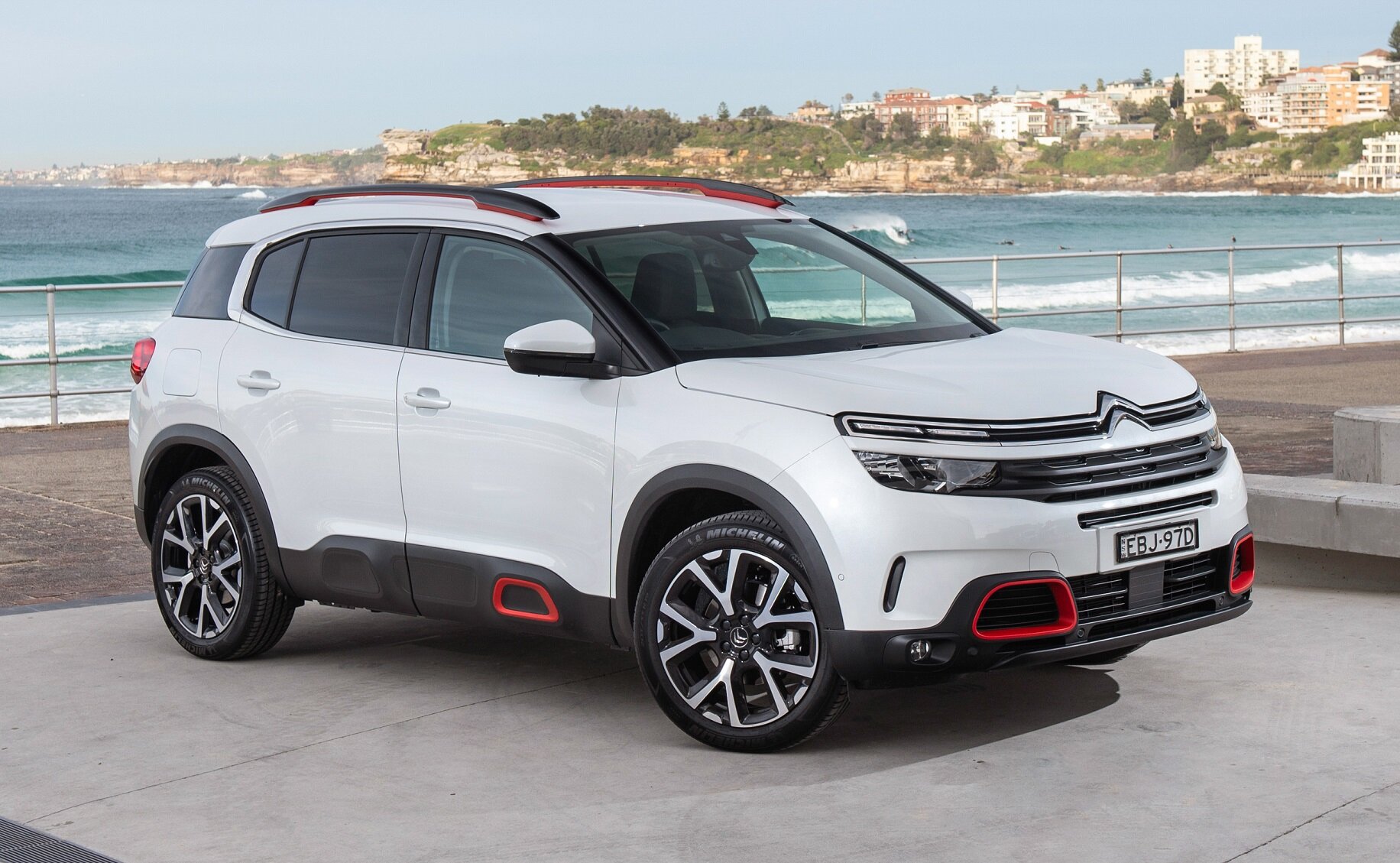
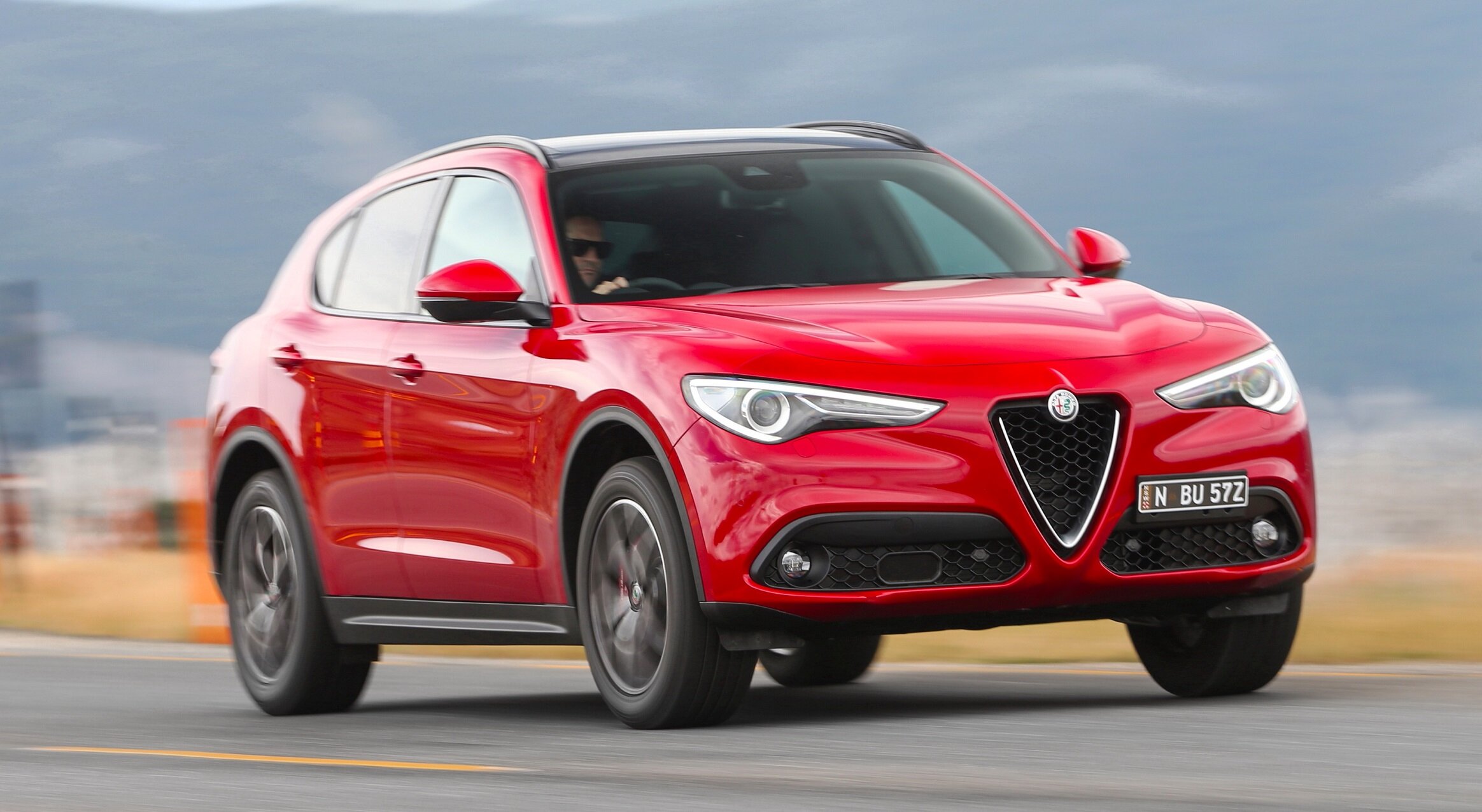
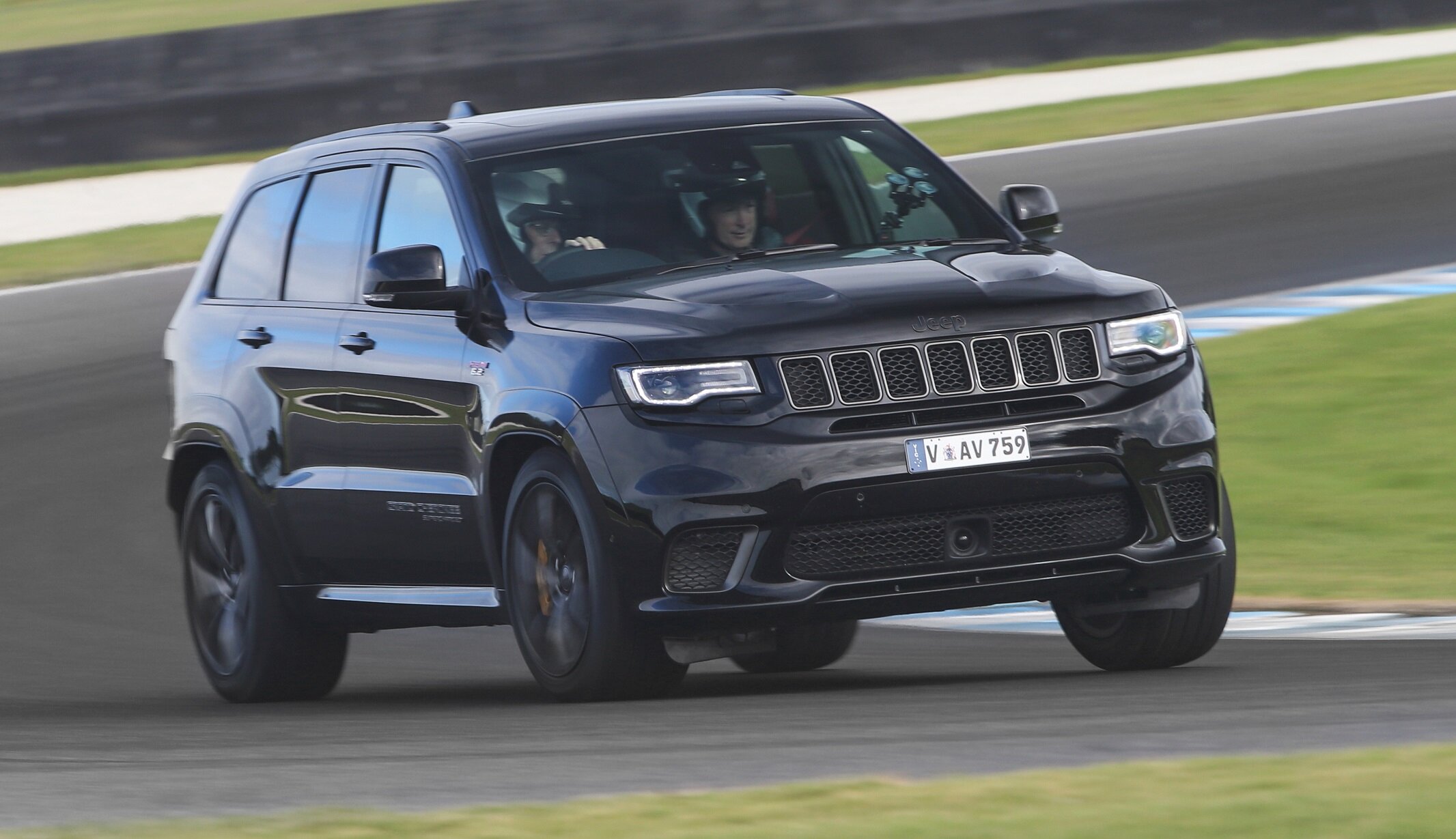
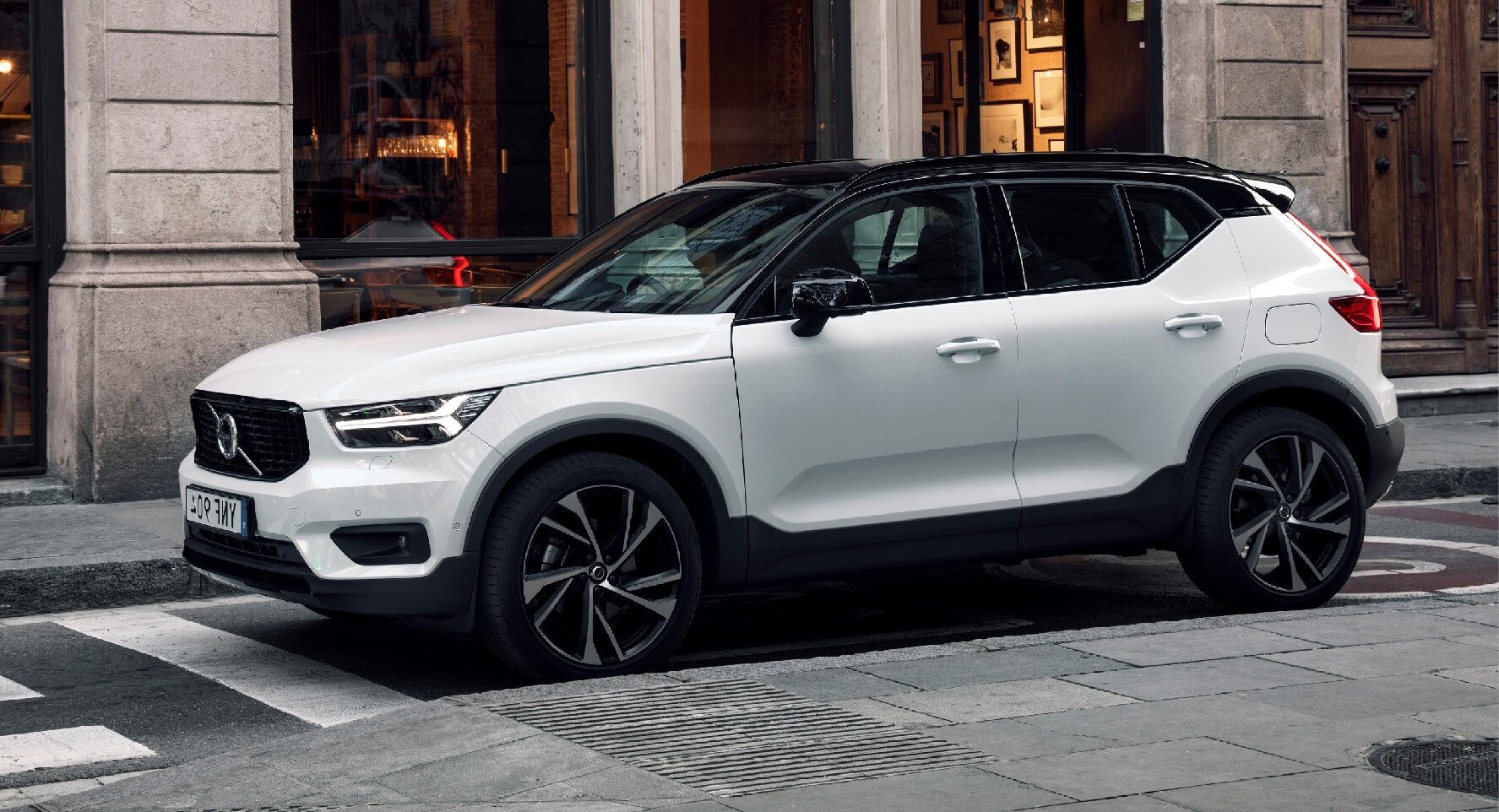
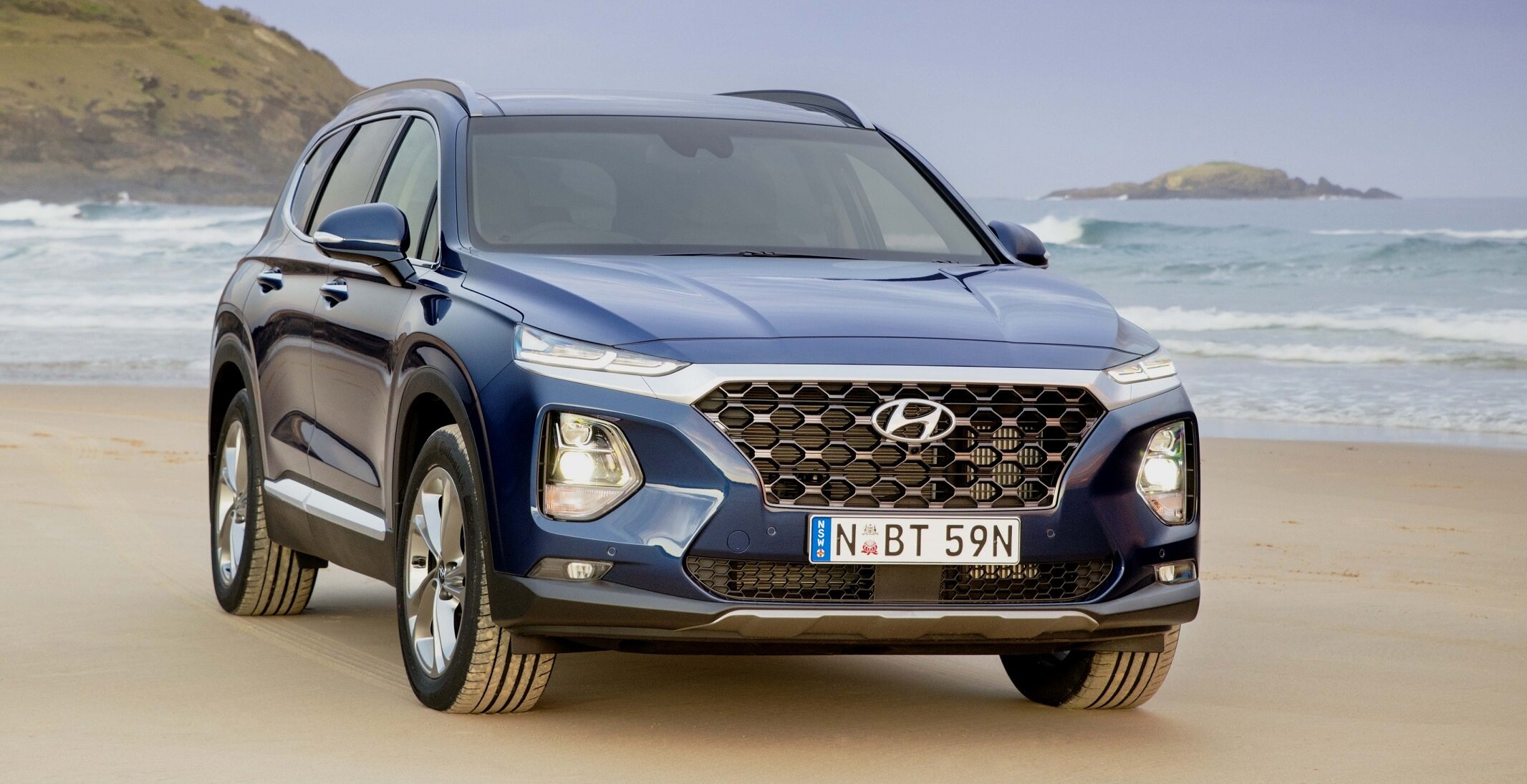



Kia Sportage is an excellent-value medium SUV that can handle both family duties in the suburbs and regional holiday travel. This affordable, reliable and well-equipped five-seater is very comfortable, safe to drive every day on Aussie roads - and now comes in hybrid.